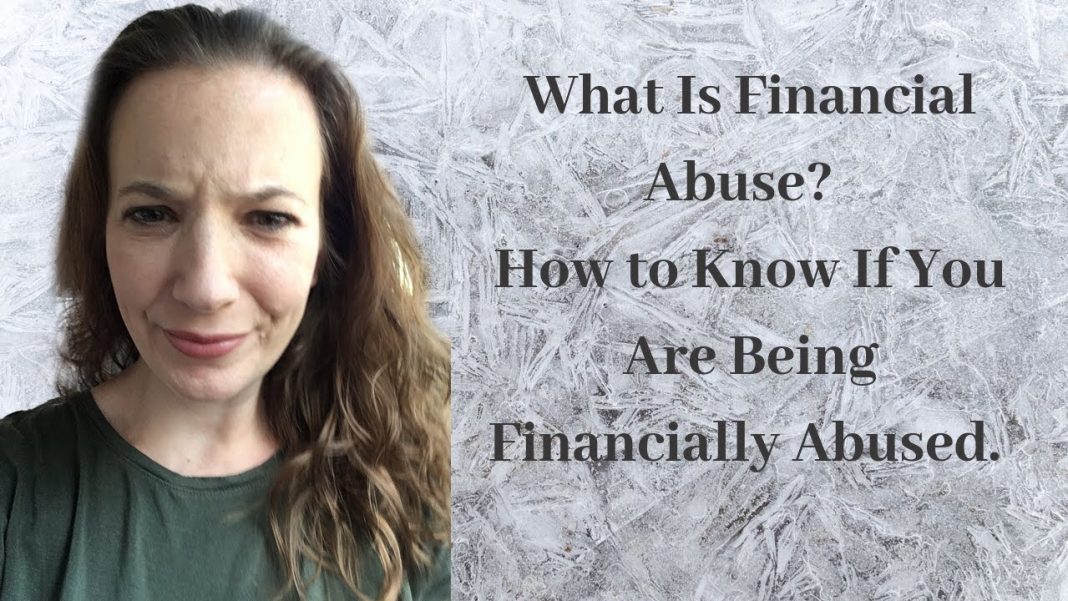When people think of the word abuse, the image that we conjure up in our mind is often physical or mental abuse never economic. Financial abuse is a real thing and can have devastating consequences.
How is financial abuse defined? Basically it occurs when someone controls the victim’s ability to acquire, use or maintain financial resources. Victims are often prevented from working.
In addition to that the use of their own money is often restricted or stolen. Rarely do they have complete access to their money and other resources and any money they do spend has to be accounted for to the controlling person.
Tactics that are used can vary from covert and manipulative to situations that are overt, demanding and intimidating.
The end goal for the financial abuser is to gain power and control in a relationship. Often victims end up without food and other necessities because they have no money. In the short-term, financial abuse leaves victims vulnerable to physical abuse and violence and they have no way of exiting the relationship in a safe way.
Victims also often have sketchy employment history, no credibility with the banks and legal issues which makes long term security a challenge.
Example of exploitation include
- Having no access to money you have earned or saved
- The controlling person taking your money or using your credit card
- Claiming to make payments or pay bills in your name but not following up
- Asking you to ‘help’ them out financially.
- Feeling entitled to your money or assets.
- Demanding that you hand over your earnings for them to help you ‘manage’ or ‘budget’ it.
- Making it hard for you to work or pursue your career goals
- Sabotaging your work by not providing a supportive environment at home making it difficult to go out and work or if you’re working from home, then making the home situation impossible to work from.
Financial abuse can happen to anyone, at any time, regardless of whether they’ve been married to their partner for years or are entering a new relationship. It can also happen within families where one member of the family controls the finances, for example a controlling parent or an older sibling though it is more common in the context of relationships between romantic partners and husband and wife.
The impact of financial abuse can be felt long after you’ve left an abusive situation. Kim Pentico, director of economic justice programmes for the National Network to End Domestic Violence (NNEDV), said financial abuse is “devastatingly effective because it’s often not illegal.”
Money is and always will be an uncomfortable topic but it’s a vital first step to talk to someone about it to realize you are being financially controlled as it isn’t always obvious to the person involved. An honest conversation with someone you can trust will help you ascertain this.

